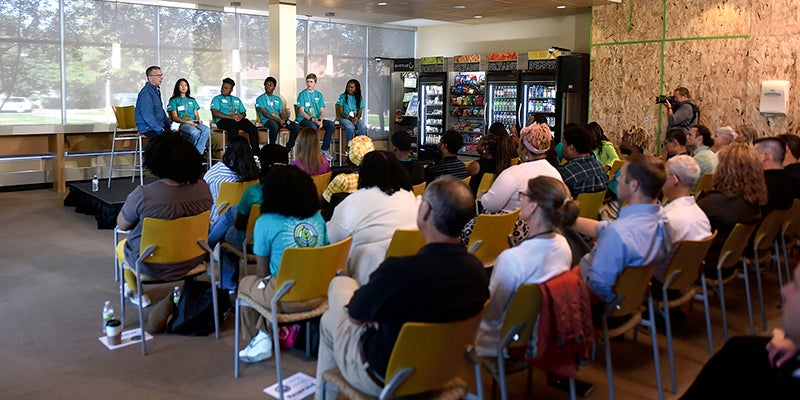Is good customer service dead?
Published 5:38 am Friday, May 10, 2013
What has happened to good customer service? This was the topic of discussion of some business CEOs recently based on this column three weeks ago, where I wrote “good customer service is not only the right thing to do, but it also makes good business sense.”
The consensus of the CEOs was mediocre customer service seems to be the new standard today. Customers seem to have very low expectations for service. Satisfaction is not measured by the number that leave happy, but by the number of customers who return.
I shared what Betty Haines, writing recently in the Mesquite Citizens Journal, said on this topic. Statistics indicate between 79 and 96 percent of today’s customers have become so accustomed to mediocre service, they now accept it as the norm and set their expectations accordingly. This has, for all practical purposes, rendered customer satisfaction levels meaningless. Hence, having a satisfied customer leave your place of business happy is no longer anything to brag about. The customer that your business satisfied today can easily become the customer your competitor satisfies tomorrow.
With service so low, more customers will stay silent about an experience that was “satisfactory,” but totally unmemorable. A “satisfied” customer is less likely to return especially if a competitor tries to steal them away. So what is a small business to do about this?
Start at the very basic level. As a business owner, before you spend even one minute attempting to build customer loyalty, ask yourself: Do you like or dislike your customers? If your honest answer is dislike, you are dooming your business to mediocrity or failure.
Change your customer service attitude or get out of the business now. Dislike is contagious. It will spread to your employees. It will influence them to dismiss the customer’s importance and thereby provide poor and careless service.
On the other hand, if you choose to remain in business, you need to change your attitude, communicate this change to your employees and ask for their help in turning your business around. When you like your customers, you get good at anticipating and serving their needs. Helping them becomes a calling, not a chore.
Next, you need to understand your customers and potential customers don’t care about your business. They care about what your business can do for them. So, stop trying to guilt them into doing business with you.
To get customers in the door and begin earning their loyalty, market your business from the outside-in, not the inside-out. Put yourself in the shoes of your prospective customers, and ask yourself what they want from a visit to your business, not what you want to shove down their throats.
Then, accept that customer loyalty must be earned with each transaction. Any transaction that doesn’t help the customer successfully solve some problem or provide them with a needed product/service in a pleasing manner at a reasonable price is not building loyalty to your business.
Know things will occasionally go wrong, even in the best managed business. Don’t despair or become flustered when it happens, focus on the issue at hand. Keep the spotlight away from yourself. Concentrate on what needs to be done to fix the situation. Pay attention to detail and don’t let the opportunity slip away.
Haines also gives this gem: “Fill your business with upbeat employees who are willing to go the extra mile when providing customer service. When hiring keep in mind that attitude trumps aptitude. It is easier to increase technical skills than modify undesirable attitudes.”
Employees who excel at customer service have a natural desire to serve and express genuine empathy when serving upset customers.
Someone who truly has an attitude of service will always serve other people, no matter what the circumstances. No matter how smart or technically competent you are, if you serve with a careless attitude your customer will care less about your business.
So here is the bottom line. Remember this. Customer loyalty isn’t measured by the number of satisfied customers going out of your business today. It is measured by the number of loyal customer who return to your business tomorrow and all the days after because they know you will treat them as they want to be treated.





